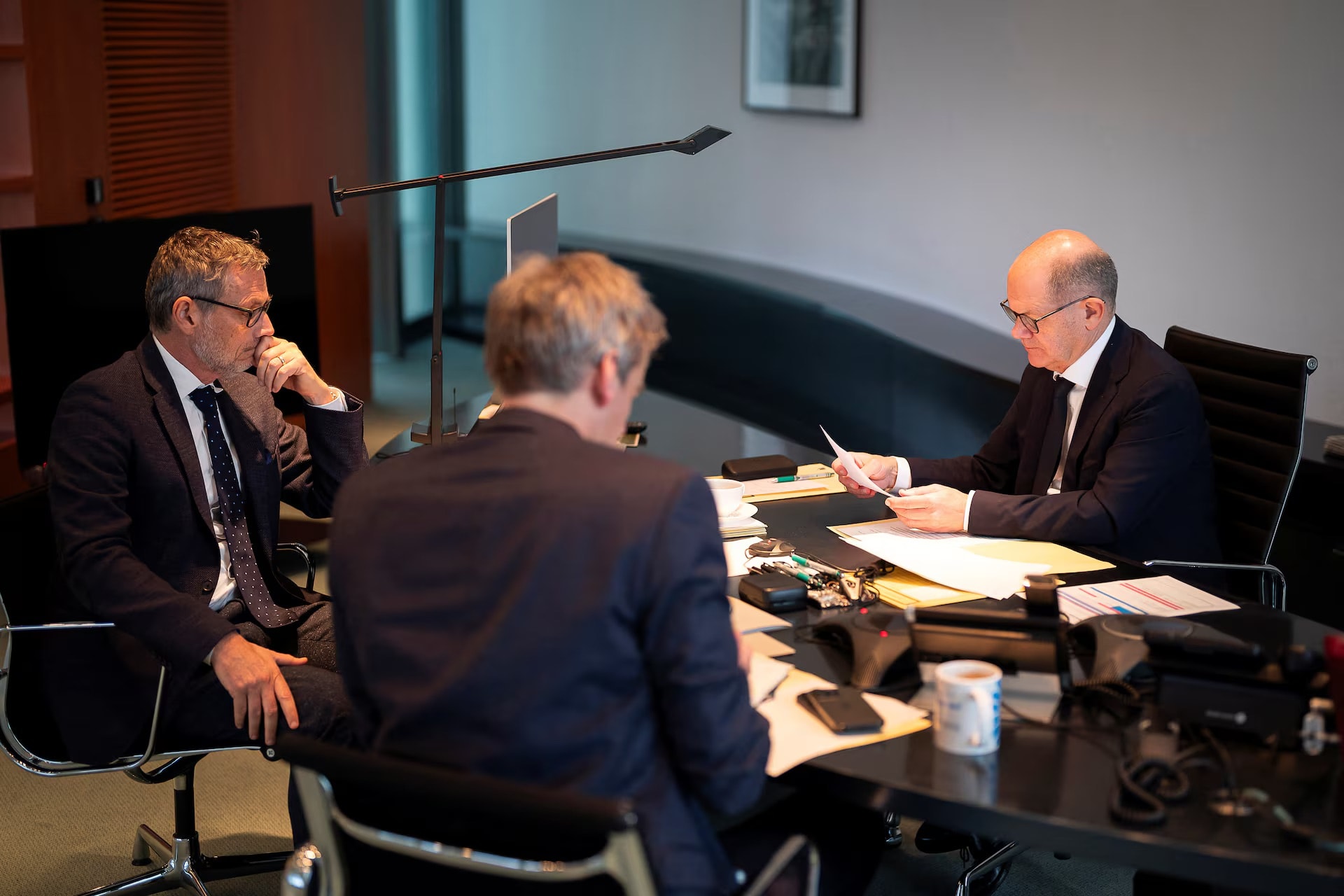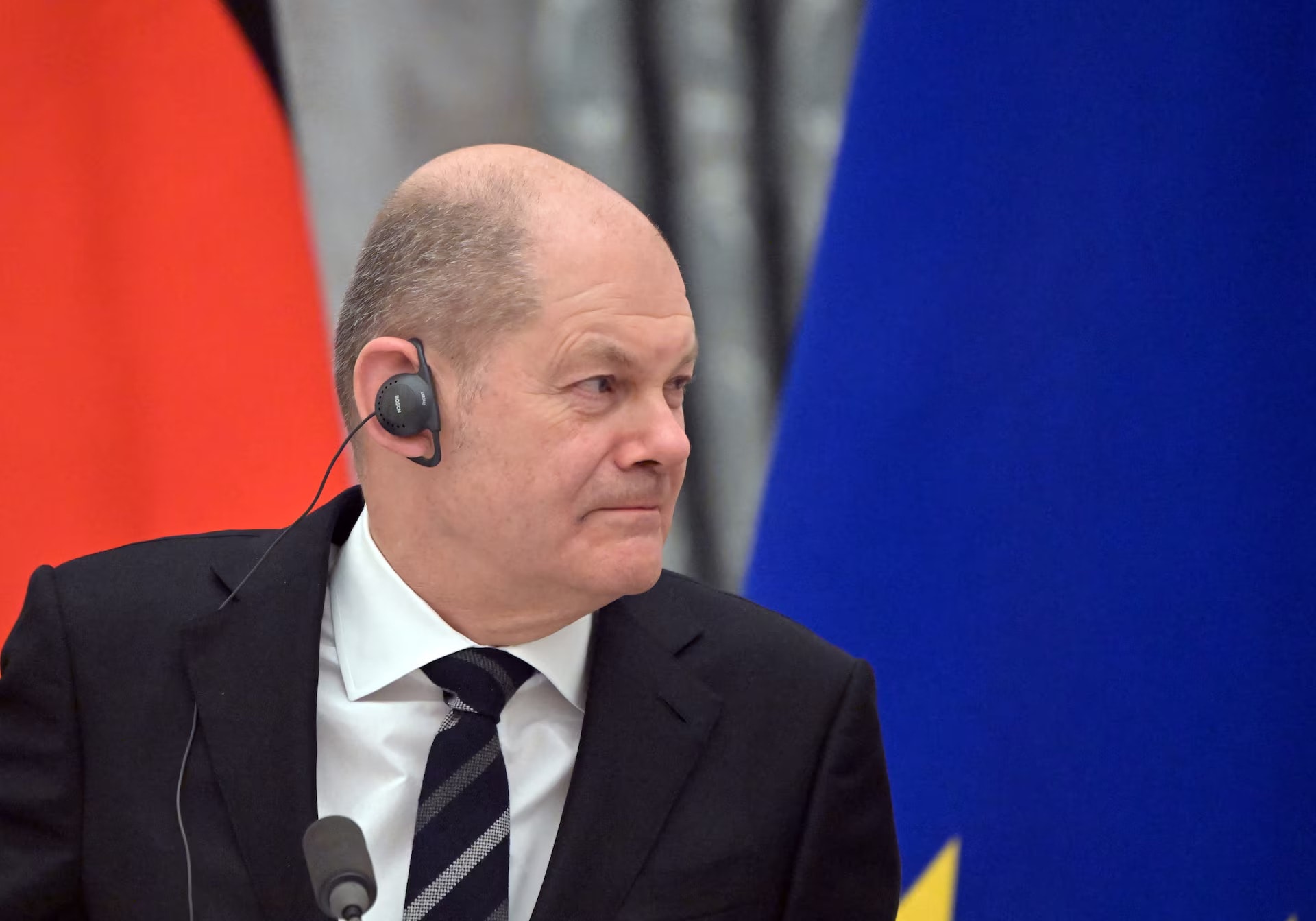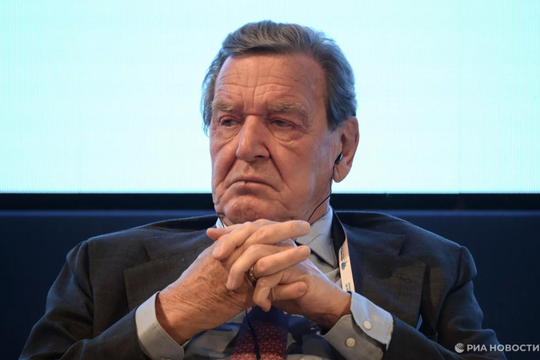German Chancellor holds phone call with Russian President, ending Western isolation of Moscow
German Chancellor Olaf Scholz spoke to Russian President Vladimir Putin for the first time in nearly two years on November 15, as the German leader prepares for an early election and Europe awaits US President-elect Donald Trump's plan to end the war in Ukraine.
Call for just and sustainable peace

According to the German government's announcement, in the phone call, which was quickly criticized by Ukrainian President Volodymyr Zelensky, Mr. Scholz called on Mr. Putin to withdraw forces from Ukraine and start negotiations with Kiev to pave the way for a "fair and sustainable peace."
The Kremlin said the conversation took place at Berlin's request and that Mr Putin told Mr Scholz that any deal to end the war in Ukraine must take into account Russia's security interests and reflect "new territorial realities".
Mr Zelensky said the call opened a “Pandora’s box” by undermining efforts to isolate the Russian leader. He and other European officials warned Mr Scholz against the move, arguing it was in their domestic interests, according to people familiar with the matter.
Facing a snap election on February 23, Mr Scholz's Social Democrats (SPD) are under pressure from pro-Russian populist parties on both sides of the political aisle, who say the government has not done enough diplomatic work to end the war.
"The Prime Minister called on Russia to show goodwill and engage in negotiations with Ukraine to achieve a just and lasting peace," a German government spokesman said.
"He stressed Germany's unwavering determination to support Ukraine in defending itself against Russian aggression for as long as necessary," the spokesman added.
However, Ukraine believes that telephone conversations with Mr. Putin do not add any value to the path to achieving a "fair peace" in Ukraine, but only help him reduce his isolation.
“Now there will probably be more conversations, more calls. Just words,” Mr Zelensky said in his evening speech. “And this is exactly what Mr Putin has wanted for a long time: it is very important for him to weaken the isolation and hold normal negotiations.”
The call came in the week after Mr Trump was elected as the next US president. Mr Trump has suggested that the war could be ended quickly without explaining how, and has repeatedly criticised the scale of Western financial and military aid to Kiev.
“This sends a bad signal, especially after Trump was elected,” said one Western diplomat, noting that his country had told Berlin it was not a good idea. “I hope Scholz can tell voters, ‘Look, I did it and it was a waste of time because Putin wasn’t ready for anything.’ But of course, there’s the question of how Russia will interpret this.”
French President Emmanuel Macron has no current plans for talks with Putin, a source from his team said.
Chancellor Scholz will inform allies

The Kremlin said Mr Putin told Mr Scholz that Russia was ready to consider energy deals if Germany was interested. Germany relied heavily on Russian gas before the war, but direct shipments stopped when pipelines under the Baltic Sea blew up in 2022.
German officials said Mr. Scholz planned to inform Mr. Zelensky, Germany’s allies, partners, and leaders of the European Union (EU) and NATO about the results of the November 15 phone call. They added that Mr. Putin and Mr. Scholz agreed to stay in touch.
Ukraine is facing increasingly difficult conditions on its eastern frontline amid shortages of weapons and manpower, while Russian forces continue to make steady advances.
Another German government official said Chancellor Scholz told Russian President Putin that the deployment of North Korean troops to Russia to carry out combat missions against Ukraine was seen as a serious escalation and expansion of the conflict.
Mr Zelensky said North Korea had 11,000 troops in Russia and some had been killed in battles with Ukrainian forces currently occupying territory in Russia's southern Kursk region.
Germany has provided Ukraine with a total of 15 billion euros in financial, humanitarian and military assistance since the outbreak of full-scale war, making it Kiev's second-largest donor after the United States.
The future of US aid to Ukraine remains unclear following Mr Trump's election victory.
Previously, Mr. Scholz and Mr. Putin last spoke in December 2022, 10 months after the Russia-Ukraine conflict broke out, pushing Moscow's relationship with the West into its deepest freeze since the Cold War.




.jpg)
